Mobilization serves to empower Indigenous Peoples and local communities to articulate and bring out Indigenous and local knowledge into a form that can be shared with others. The MEB approach emphasizes the importance of mobilizing knowledge within the respective knowledge system, on its own terms. This means that the knowledge holders themselves should be in control of how and why they are mobilizing their knowledge, what they consider to be valid knowledge, what knowledge can be shared with others and under what circumstances and conditions. The outcome is a knowledge based product that is legitimate and valid in its local context, and that can be shared with others. Mobilization of knowledge can also be a process of innovation along with revitalization of knowledge. It is the base for potential further step of co-design of knowledge weaving with other actors.
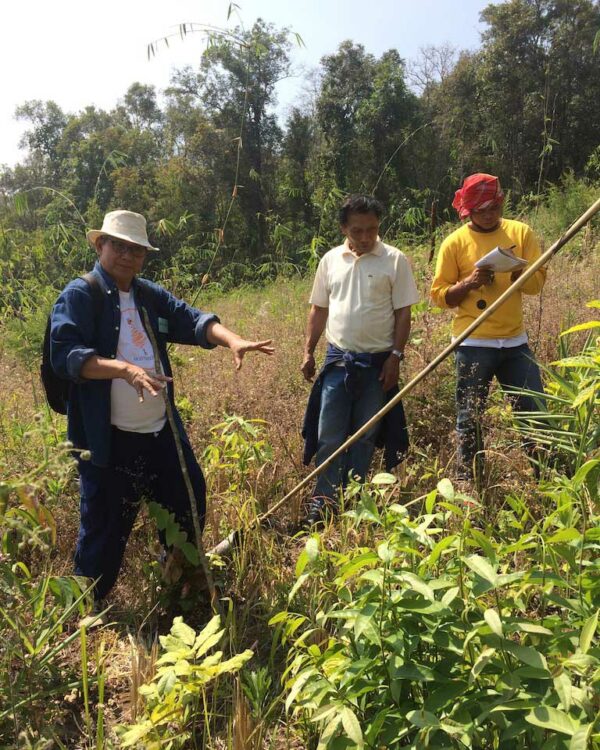
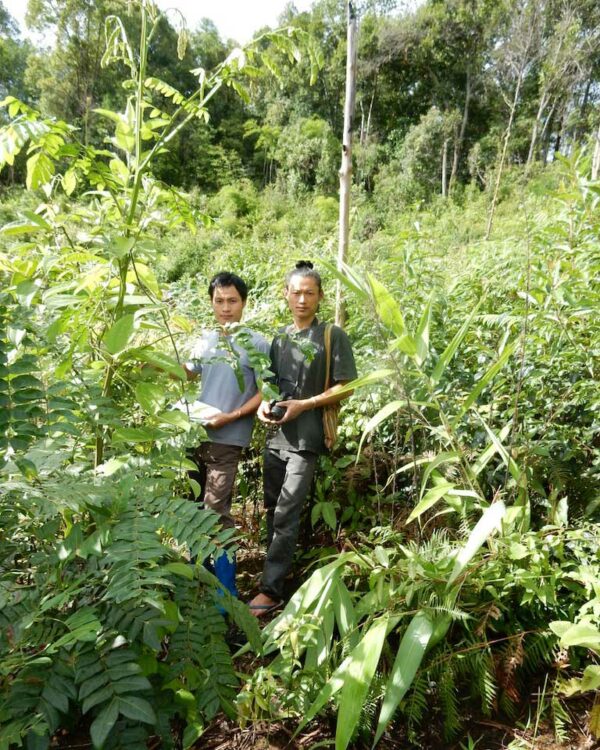
Here are some examples of Indigenous led processes which aim at mobilizing, recognizing and sharing traditional knowledge. They provide examples and guidance for culturally appropriate ways of mobilizing knowledge.
The Local Biodiversity Outlooks (LBO) present the perspectives and experiences of Indigenous Peoples and local communities to the current social-ecological system. They are published by Forest Peoples Programme, in collaboration with Centres of Distinction on Indigenous and Local Knowledge, Indigenous Women’s Biodiversity Network, International Indigenous Forum on Biodiversity, and the Secretariat of the Convention on Biological Diversity, and is a key source of evidence about the actions and contributions of Indigenous Peoples and local communities towards achieving the objectives of the Convention on Biological Diversity. The information and case studies presented in the LBOs are continuously updated.
Another example is the Our Knowledge Our Way guidelines by Indigenous Peoples’ groups across Australia. It showcases innovative ways in which Indigenous Peoples are working with, and strengthening, their knowledge to build sustainable futures through their land and sea Country. It was developed in collaboration with the North Australian Indigenous Land and Sea Management Alliance (NAILSMA), and with support from the Australian Committee of the IUCN. The Guidelines are based on 23 Australian case studies, submitted by Indigenous Peoples and their representative bodies.
Tools, methods, guidance, inspiration and support can be found through engagement with holders of knowledge from other knowledge systems and with external actors. For example, the ABN has been working with ecocultural mapping and calendars together with communities across southern Africa, drawing on experiences from communities in Colombia.
Ethical and culturally appropriate ways of mobilizing knowledge are critical to protect human rights, rights to knowledge, territory and self-determination. Often, this is a strong motivation for knowledge holders to engage in mobilization. It is critical to protect the integrity of the knowledge and the insights consolidated and shared. Communities from different Indigenous and local knowledge systems (ILKS) may have fundamentally different perspectives on time, human-nature relations and the ethical framing of knowledge than, for example, scientific knowledge systems around biodiversity conservation.
In local contexts, knowledge is embedded in practices, norms and rules, and decision making of significant relevance for resource use, biological diversity in all its forms, livelihoods and rights to use these resources. Mobilization of knowledge can re-vitalize and strengthen existing long-standing governance systems that have protected and generated biodiversity and ecosystems over millennia (as shown in the IPBES global report).
The Convention on Biological Diversity has developed a number of relevant voluntary guidelines under its Working Group 8(j), on traditional knowledge, innovations and practices:
Mo’otz Kuxtal Voluntary Guidelines which deals with Free, prior and informed consent on traditional knowledge for Indigenous peoples and local communities
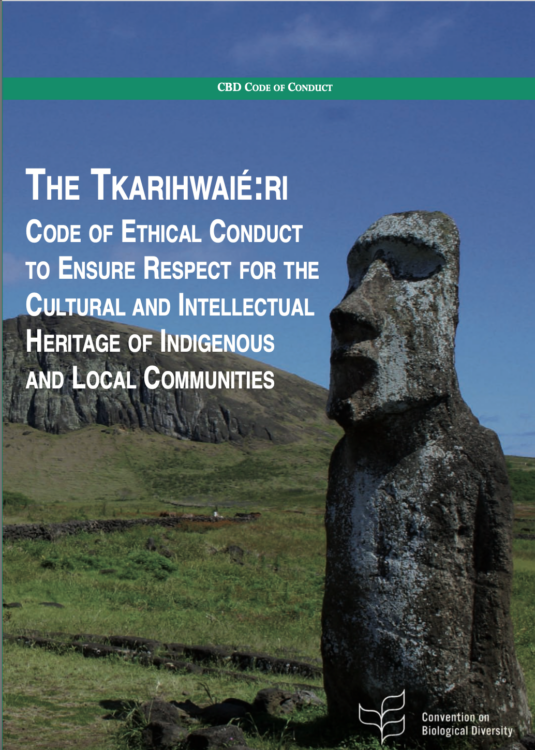
The Tkarihwaié:ri code of ethical conduct Ensure Respect for the Cultural and Intellectual Heritage of Indigenous peoples and local communities
Learn about The polination dialogue experiences of mobilize below.
At the pollination dialogue, the participating holders of Indigenous and local knowledge (from Thailand as well as visiting from other parts of the world) all had experience of working with their communities to revitalize and document their knowledge. The purpose has been to strengthen local livelihoods and rights, but also to gain recognition nationally and internationally for the value and importance of their knowledge.
The Hin Lad Nai community have been mobilizing their knowledge on rotational farming and forest protection in response to the large scale logging concessions in the 90’s. Rather than changing their way of farming as many of their neighbors, they decided to restore the forest based on rotational farming knowledge and practices. The process was led by the elders, and applied and discussed across the community. The current mosaic landscape, with protected catchment forest, fields with a 7-10 year rotational cycle, and paddy rice fields on the valley floors, is evidence of their remarkable progress and their expanding knowledge and experiences. Their rotational farming system is also under continuous development.
This is an example of how mobilization of knowledge can contribute to strengthened environmental governance by communities and lead to innovations for a thriving community. The local leaders and elders of the Hin Lad Nai community were strongly involved in planning the dialogues as well as engaged as experts and key representatives of knowledge in the discussions.
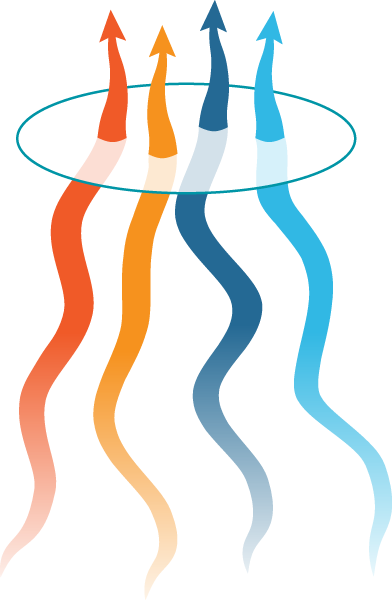
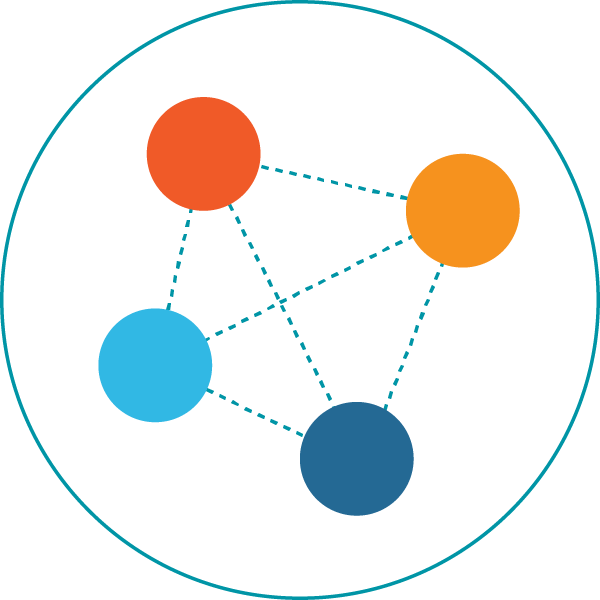


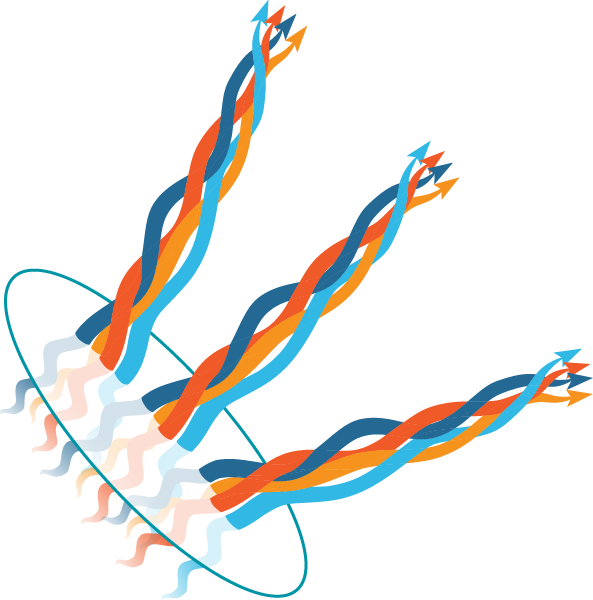
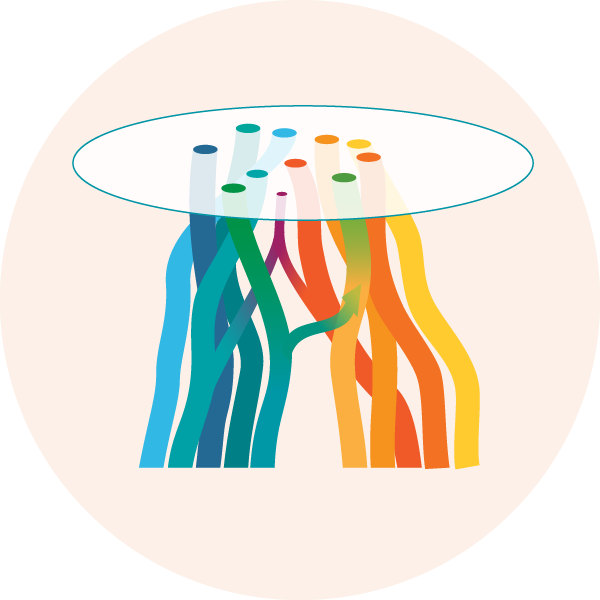


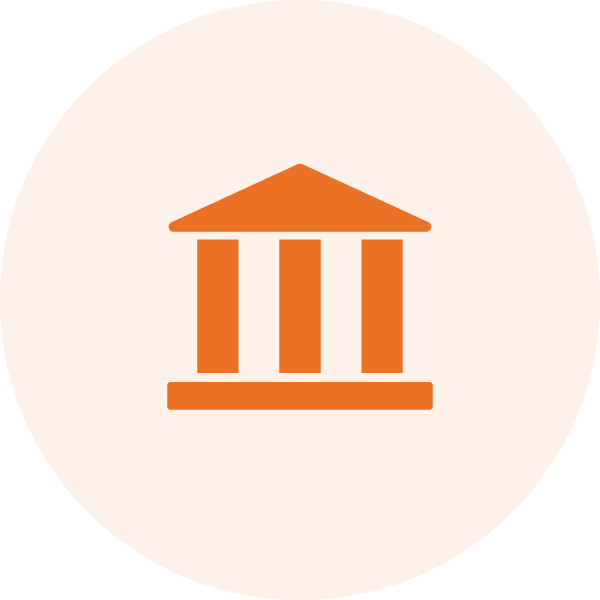
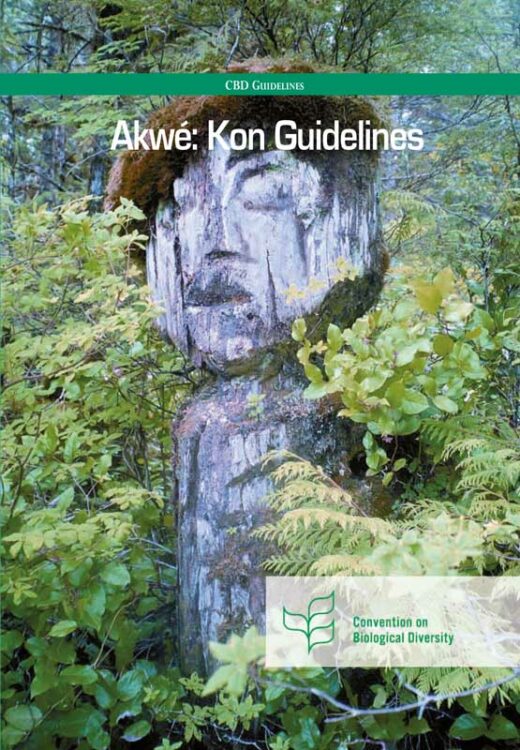
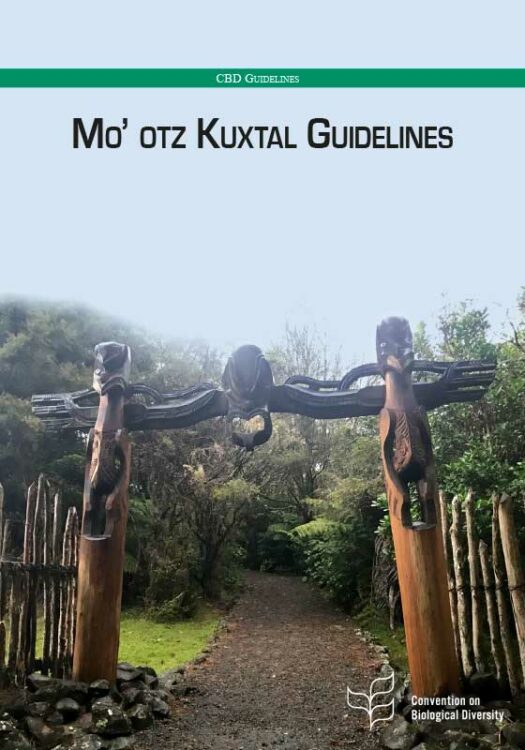
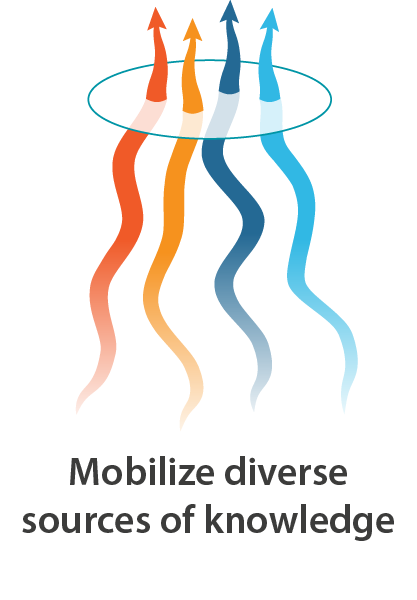
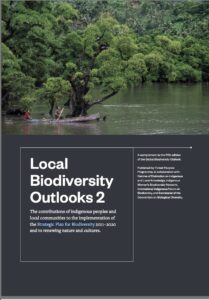 Local Biodiversity Outlooks
Local Biodiversity Outlooks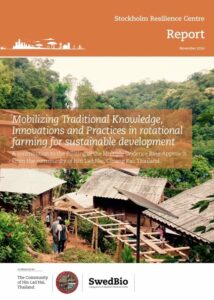 Mobilizing Traditional Knowledge, Innovations and Practices in rotational farming for sustainable development
Mobilizing Traditional Knowledge, Innovations and Practices in rotational farming for sustainable development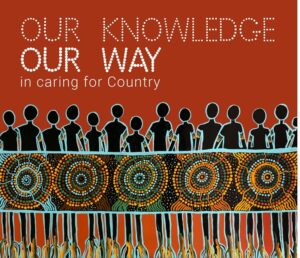 Our Knowledge Our Way Guidelines
Our Knowledge Our Way Guidelines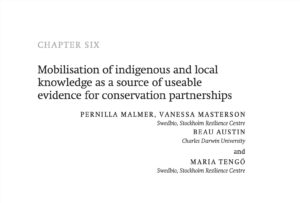 Conservation research, policy and practice. Chapter 6
Conservation research, policy and practice. Chapter 6